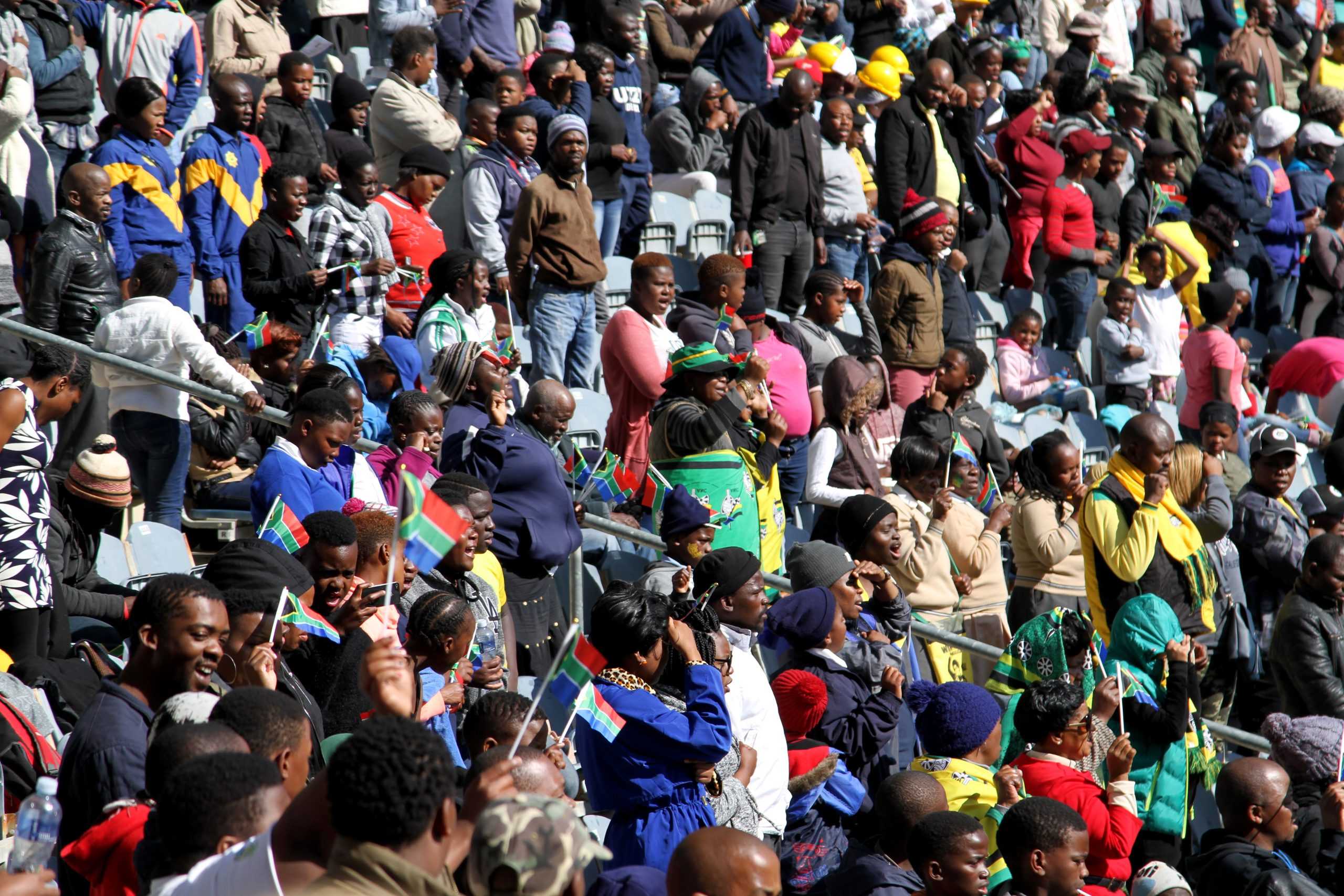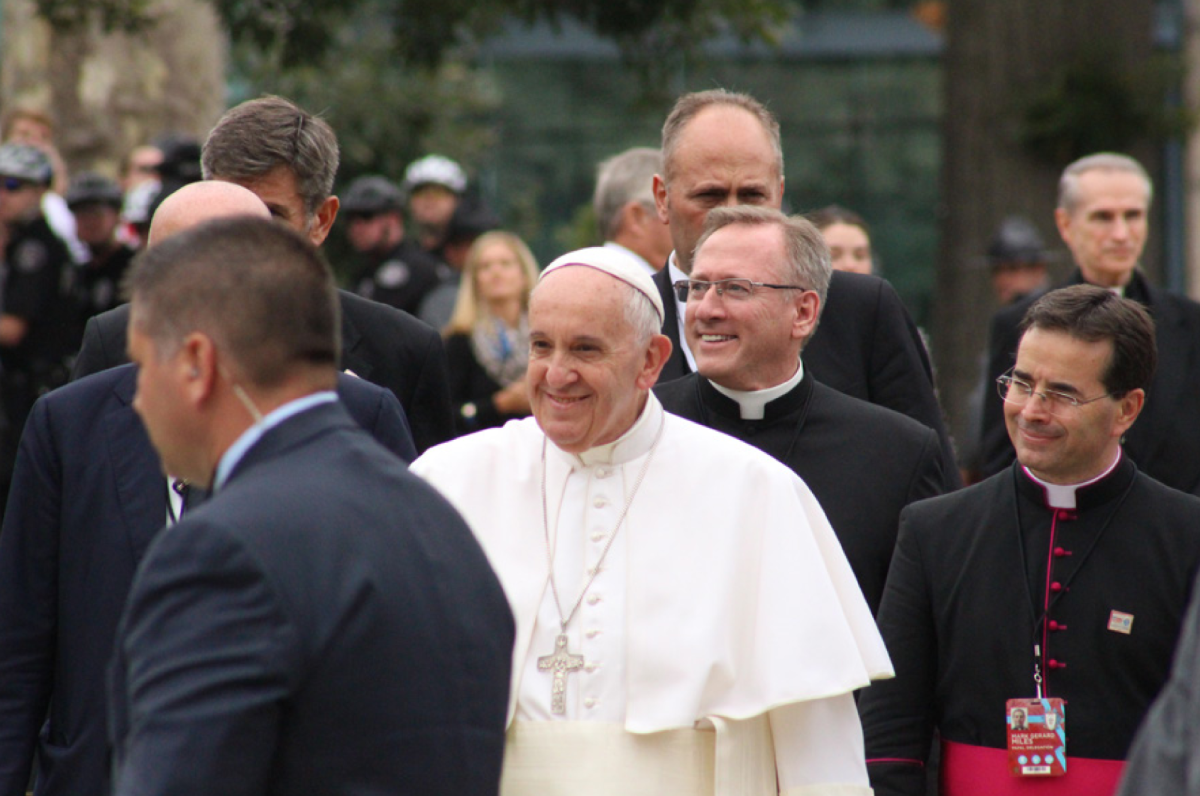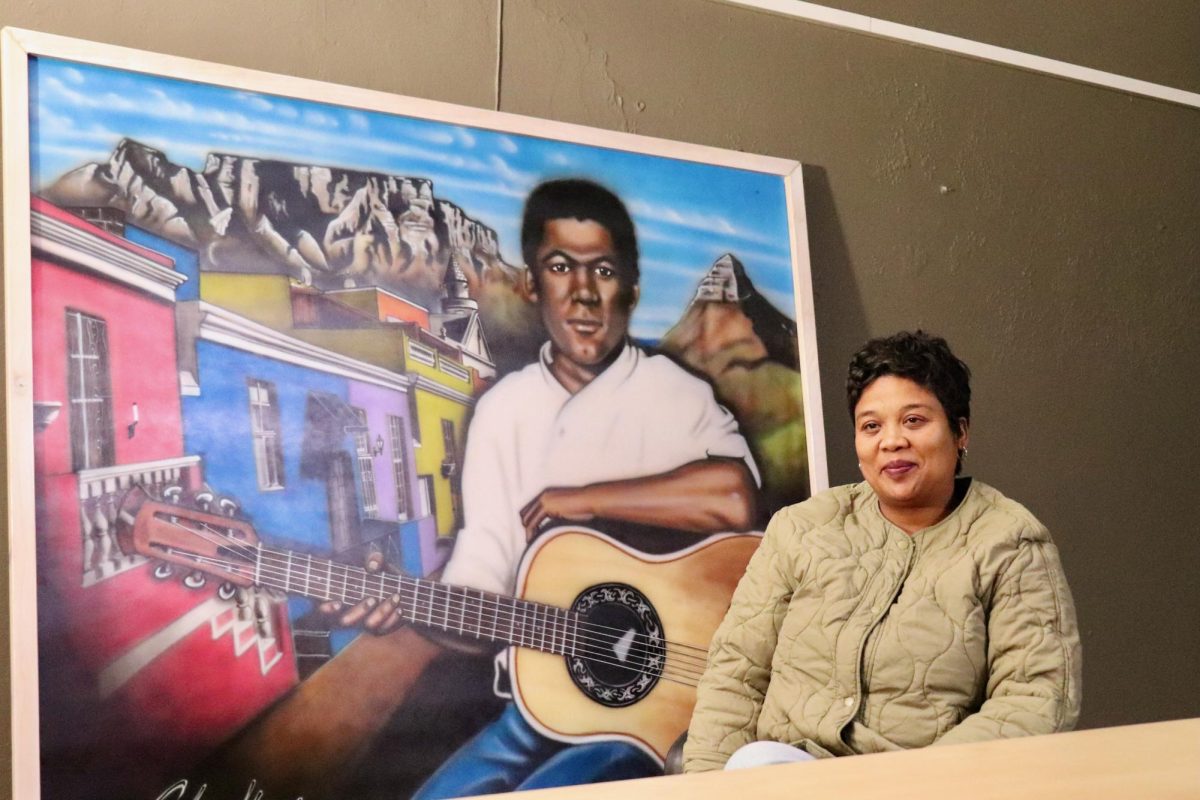Soweto, South Africa–Thousands of people gathered at Orlando soccer stadium in Soweto to mark the 42nd anniversary of what is known in South Africa as the June 16, 1976 Soweto student uprising.
President Cyril Ramaphosa entered Orlando stadium to boisterous cheers and waving flags, circling the field as he smiled and waved. He later spoke to the crowd, which was filled with young people, telling them, “Comrades and friends, the future of South Africa is with us today.”

“Young people are at the center and forefront of the struggle against colonialism and apartheid,” Ramaphosa said.
On June 16, 1976, over 20,000 black school children took to the streets of Soweto and surrounding black townships to protest the government’s plan to impose the Afrikaans language as a medium of instruction in black schools across the country. Their peaceful demonstration was met with violence as police shot and killed many children. Officials reported 23 killed, but this number may have been as high as 200. In the days and months that followed, mass protests spread quickly around the country and led to the beginning of a renewed struggle to overthrow the apartheid regime.
South Africa has commemorated the uprising each year since. First known as Soweto Day, the national holiday was renamed Youth Day in 1994 after Nelson Mandela became president. Conferences or meetings to mark the day are held annually throughout South Africa.
“June 16th is a momento that reminds us as black children where we come from,” said 22-year-old Solomzi Ndita, who has been commemorating Youth Day in Soweto since he was 9 years old.

For 22-year-old Sello Masilo, the day held additional meaning: It was his birthday. Masilo was born on June 16, 1994, the year Mandela became president and apartheid rule transitioned to the African National Congress (ANC), which today remains South Africa’s dominant ruling party.
“It’s special that I get to share my birthday with the most significant people and have a chance to share it with half my country,” Masilo said.
A member of the ANC, Pabalelo Mohlala, 24, wore a green and yellow headband to show her allegiance to the organization, on her feet with excitement as the South African national anthem rang through the stadium.
“Every young person who wants to be here should,” she said. “It is for every South African young person.”
Makhubu Teboho said the fact that so many young people were in the stadium indicated they understood the importance of Youth Day.
“It carries a lot of meaning,” Teboho said. “We have to know where we came from and where we are going.”
Mohlala credited the students who protested against the apartheid government and helped bring its end.
“They fought for our freedom,” she said, “and now we live in a democratic society. We can do what we want.”

While the crowd was enthusiastic for Ramaphosa, and many attendees readily attributed the freedoms they now enjoy to the courage of the youth in 1976, some said they thought that the government could be doing more, and that Youth Day should be less about stumping for upcoming elections and more about focusing on issues.
“We have the resources,” Masilo said. “They are not using our resources at the right time.”
For 28-year-old Luthando Skhosana, who agreed the protesters in 1976 “paved a road for us,” it is not the government but the people who need to honor what the protesters did.
“The youth abuse the freedoms we have,” Skhosana said, noting rampant drug abuse among youth.
Teboho said the importance of Youth Day should be made known to youth around the world, not just in South Africa,
“The youth are the ones that play a vital role in our respective countries,” Teboho said. “We have to take care of them.”
Erin Breen ’19, Natalie Drum ’20, Ibrahim Ridley ’18 and Alim Young ’19, contributed to this story.
“This story has been written by students participating in the 2018 St. Joseph’s University South Africa Study Abroad program. Eight students, led by St. Joe’s faculty, will report on stories from South Africa during the month of June.”
Video report by Carly Montecalvo ’19










































